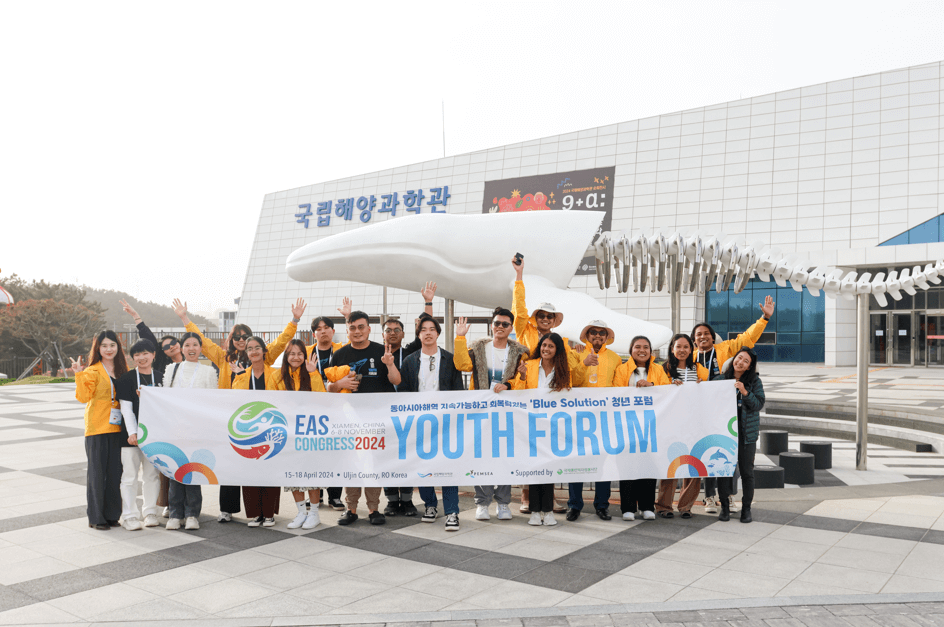Marine Protected Area Networks Demonstrate Strength in Numbers
Tuesday, 1 September 2009

Quezon City, Philippines — With the East Asian Seas region's coastal and marine resources seriously degraded, countries are looking to marine protected areas (MPAs) as critical tools in their recovery. The Philippines alone has over 500 MPAs. Linking these together into a coherent network can offer optimum protection for the full range of habitat types and species and their movements, and including important routes for migratory species, such as shared fisheries stocks, and ecological corridors across ocean basins. From a practical perspective, MPA networks can increase access to and efficient use of financial and manpower resources to address issues and problems common to more than one site. Within networks, shared concerns can be more easily identified and resolved by avoiding conflicting approaches and duplication of efforts. Collective and collaborative actions in outreach and education can also mobilize support for individual sites. Coupled with participation of local communities, such a network enables local, national and regional stakeholders to harness the full benefits of MPAs.The East Asian Seas Congress 2009 announces a timely workshop on "Networking of Marine Protected Areas: Benefits, Good Practices, Standards and Next Steps." The workshop aims to provide environmental planners and local government officials with current authoritative information on MPA networks, focusing on balancing trade-offs to meet local community needs and the ecosystem goals. A companion workshop will delve into the importance of engaging support of local communities that depend on the oceans for their livelihood, recreation and overall well-being.The workshop features: (1) Three (3) case presentations highlighting the biological, social and economic benefits of managing MPAs as a network; (2) a review of good practices in managing MPAs as a network within the ASEAN; (3) a presentation on managing an MPA network within the broader context of integrated coastal management (ICM); and (4) guidance on the development of partnership/collaborative efforts in MPA networks in the region.Leading experts from local and national governments and the scientific community, including participants from the Philippines, Indonesia, Malaysia, Vietnam, Thailand, PR China, the International Coral Reef Initiative, the ASEAN and the Ramsar Secretariat, will lend both local and regional perspectives to the workshop. The workshop is being co-organized by the ASEAN Center for Biodiversity (ACB), the Philippines' Department of Environment and Natural Resources (DENR), the Secretariat of the Ramsar Convention and PEMSEA, as part of the thematic workshop on Habitat Protection, Restoration and Management of the East Asian Seas Congress on 23-27 November in Manila.For details and information on how to participate, please contact the Secretariat at congress@pemsea.org or visit www.pemsea.org/eascongress.



